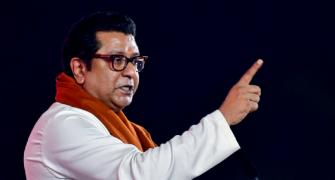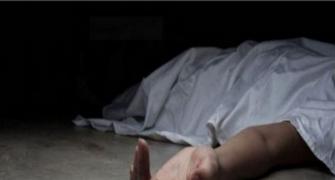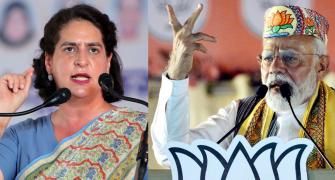Pakistan's caretaker minister for human rights Ansar Burney, who played a key role in the return of Indian national Kashmir Singh after he spent 35 years in jail, on Friday defended his action, saying he has done nothing wrong.
Burney, a noted human rights lawyer, managed to get a Presidential pardon for Singh, who was arrested on spying charges in Lahore and spent 35 years in jail after being sentenced to death.
He returned to India earlier this week with great fanfare. On Friday, Singh told the Indian media that he was an Indian spy, who had gone to Lahore on a spying mission, putting Burney and the caretaker government in an awkward position.
"I did not take up this case because of Kashmir Singh. I took it up purely on humanitarian grounds. If he has confessed to being a spy it still does not mean I have done a wrong thing," Burney said.
"If he was spy, he should have been punished 35 years ago. I fought his case on humanitarian grounds as he had spent 35 years in jail," he added.
Kashmir Singh's confession, that he was indeed a spy, reflects poorly on the Indian government and not on Pakistan, he said. "I will still try to go to India and continue my efforts to seek the release of Pakistani prisoners on humanitarian grounds," Burney said.
Burney's organisation has been in the forefront of coordinating efforts for the release of poor Indian fishermen from Pakistan jails and Pakistani civilian prisoners rotting
in Indian jails.
"Hopefully, I will still be able to go to India and try to seek the release of 25 Pakistani prisoners," Burney added.






